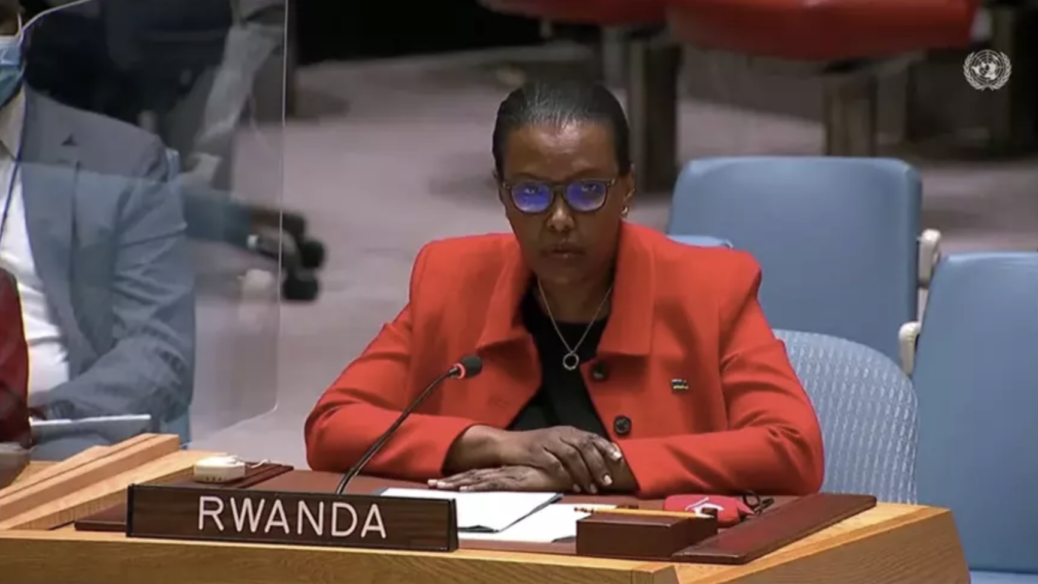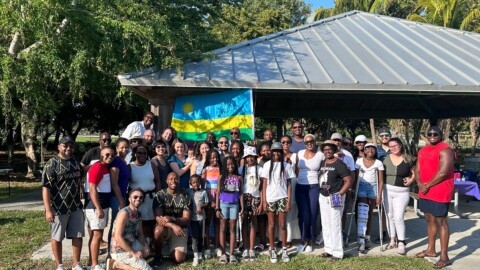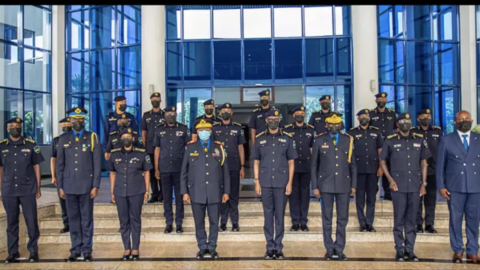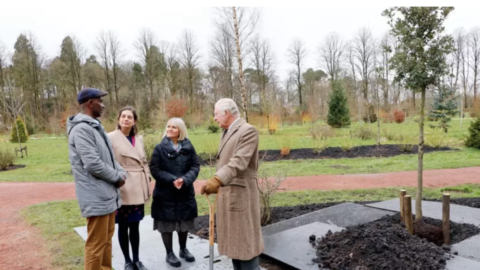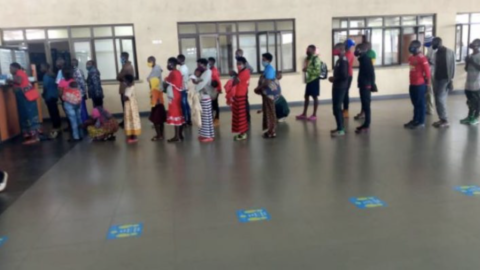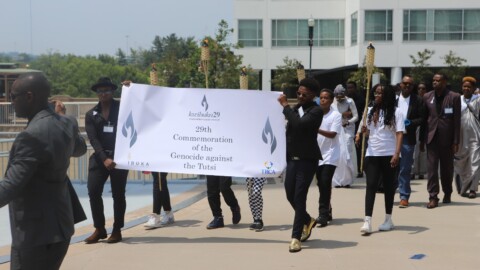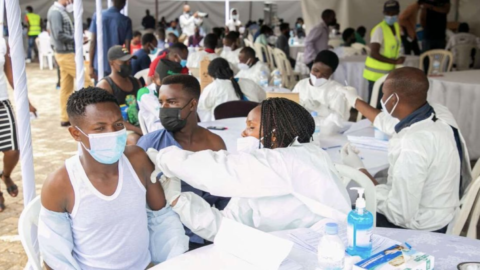The Government of Rwanda has requested the UN Mechanism for International Criminal Tribunals (MICT) to clarify the circumstances under which eight Rwandans who were acquitted or convicts who completed their sentences at the UN Court, were recently transferred to Niger.
The eight are part of the nine who have for years remained in Arusha, Tanzania after conclusion of their cases.
While addressing the UN Security Council in New York, Valentine Rugwabiza, Rwanda’s Permanent Representative at the United Nations said that her government informally leant last week of the transfer of these indviduals.
“We will appreciate clarification from the Principals of the Mechanism, in the appropriate General Assembly Committee, on whether the transfer, settlement, and living cost of these men who are free from any Mechanism proceedings are part of the budget of the Mechanism,” Rugwabiza told the council.
Niger is the chair of the UN Security Council for the month of December.
“We have not been informed by either the Mechanism or the host country about the transfer of these Rwandan nationals,” she said.
The mechanism assumed the work of the International Criminal Tribunal for Rwanda which was set up by the Security Council in 1994 to try key masterminds of the Genocide against the Tutsi.
The same mechanism took over to the International Criminal Tribunal for ex-Yugoslavia.
Rugwabiza added: “We expect Niger to exercise its responsibility to ensure that none of the persons use their territory for subversive activities that have contributed to the insecurity and instability of the Great Lakes Region for the past decades.”
She said that there is evidence that some of these individuals have been engaging in such subversive activities after their acquittal by the former ICTR.
The individuals in question – including former ministers in the genocidal government – have been stuck in Arusha, the former seat of the ICTR, after many countries refused to take them in, including those currently hosting their families.
Rwanda had previously indicated that they may come if they so wish.
While appearing before the council shortly before Rugwabiza, the UNIMICT President, Judge Carmel Agius, said that the transfer of these individuals was courtesy of a cooperation agreement signed last month between the UN and the Government of Niger.
According to Agius, the agreement has been executed on nine of these individuals, and only one has not yet been transferred.
The known ex-convicts who have been living in Arusha include; Gratien Kabiligi, Anatole Nsengyiyumva, Innocent Sagahutu, Prosper Mugiraneza, Justin Mugenzi, Casimir Bizimungu, Jerome Bicamumpaka, André Ntagerura.
Meanwhile, Rugwabiza, in her address, expressed concern over the continued delays in the commencement of the substantive trial of Felicien Kabuga, who was arrested in France in May 2020 after escaping justice for close to three decades.
‘Today, more than a year later, his trial is yet to start. We remind this Council of these basic facts to underline that what is at stake is, on one hand, justice for the victims and survivors of the genocide crimes committed and enabled by Mr. Kabuga in 1994, and on the other, the performance of the Mechanism which should be evaluated on its ability to deliver on its core judicial mandate,” she said.
According to Argius, the substantive trial of Kabuga, 85, who is currently in custody at The Hague in The Netherlands, was delayed because of the health conditions of the accused.
Different speakers urged for the speedy disbandment of the mechanism with members saying that the remaining cases should be transferred to national jurisdictions.
Source: https://www.newtimes.co.rw/
